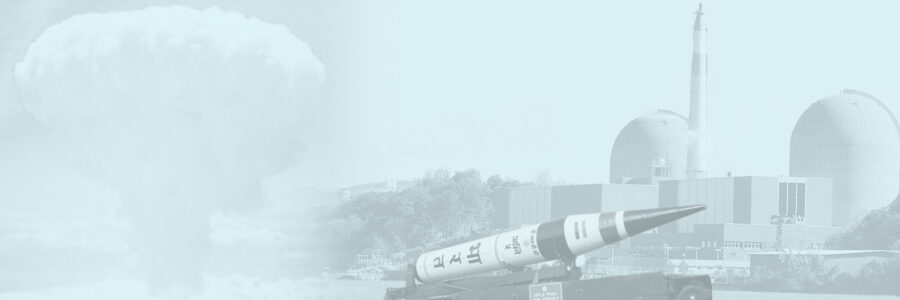Contours of the India-United States Strategic Partnership
The strategic partnership is moving towards a higher trajectory with growing co-operation in the areas of defence, economy, energy, education, environment, science, technology and innovation.
- Sanjeev Kumar Shrivastav
- September 29, 2009











